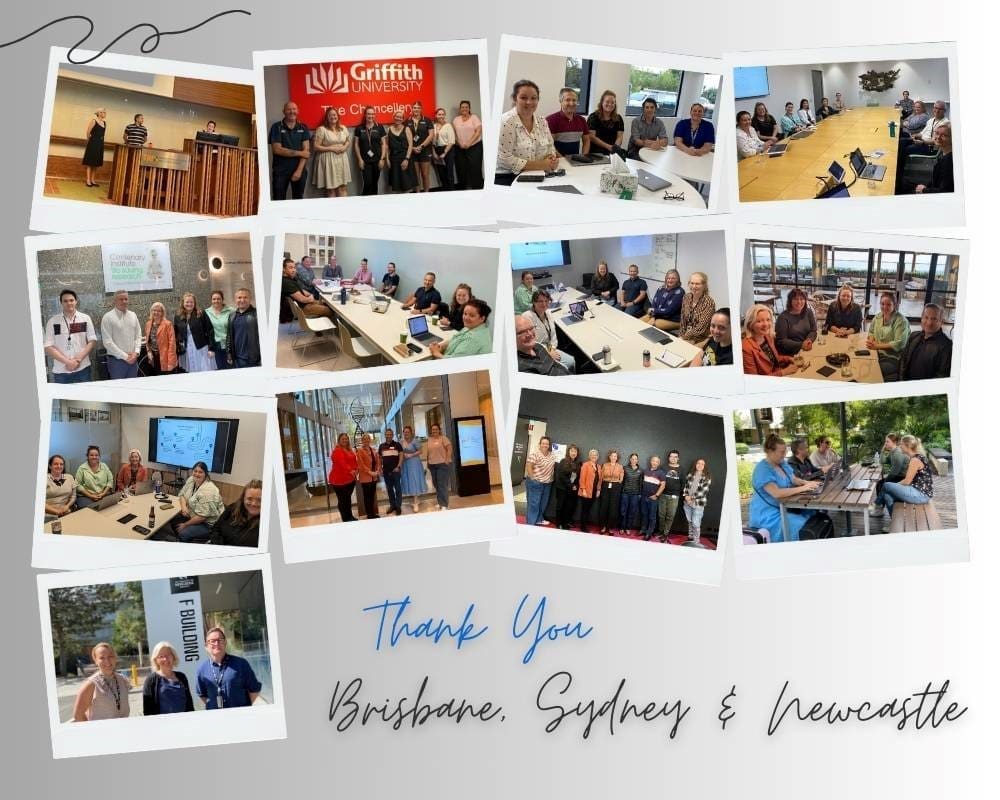Webinar, colony & visit updates
Webinar, colony & visit updates
Webinar: The Consequences of Sex Bias in Preclinical Research
Please join us for a JAX Webinar, hosted by Ozgene ARC.
• Thursday 23 May 2024
• 9am – 10am AWST (Perth)
• 11am – 12pm AEST (Melbourne, Sydney)
For mouse-based research investigating new cures for human diseases, one sex is often selected over the other. This is sometimes done with sound scientific justification, but omitting sex as a biological variable can have several consequences. Single-sex studies can lead to skewed research, translatability issues, or flawed conclusions and raise concerns regarding ethical practices and the 3Rs. During this webinar, you will learn more about:
• Reasons why male or female mice are sometimes preferred
• The scientific impact sex bias has on multiple biological disciplines
• The significant effect of sex bias on animal welfare
• 3Rs guidelines and recommendations to eliminate sex bias in preclinical studies
Colony update
This is an update on our inbred colonies, especially C57BL/6J and BALB/c, which currently have fewer animals available for purchase than required. The number of animals has not been intentionally reduced, despite inquiries about colony usage mentioned in our earlier newsletter. The low stock issue has been addressed by adjusting the breeding algorithms at the beginning of April. Stock levels will continuously increase and are expected to reach full capacity in July.
Replenishing JAX colonies
We are pleased to inform you that we have been replenishing our stock strains from JAX with fresh pedigree breeding pairs. We are currently in the process of replenishing C57BL/6J, NOD/Lt, ApoE-KO, A/J, B6-CD45.1 and NSG lines. Our other JAX lines will be replenished in accordance with our JAX propagator and distributor agreement, enhancing animal health, breeding efficiency and genetic consistency.
Vasectomised males
The ARC previously offered vasectomised males as a service, involving a surgical vasectomy procedure on male mice to render them sterile. Effective immediately, Ozgene ARC will provide sterile males using our proprietary goGermline™ technology. These mice are bred to be sterile, eliminating the necessity for surgical intervention and aligning with the principles of the 3Rs of animal welfare by refining animal use. For further information, please read the papers on goGermline™ and reach out to us at arc@ozgene.com to place your order.
Visit recap from Brisbane, Sydney & Newcastle

Thank you to everyone who took the time to meet with us during our visits to Brisbane, Sydney, and Newcastle in the week starting 8 April. Here is a quick recap of some recurring topics discussed during our visits.
Timed-mated mice and rats
Timed mating is in high demand, prompting some universities and institutes to produce their own to support researchers. With over 20 years of experience in genetically modified mouse model generation, Ozgene has the expertise to conduct timed mating. We plan to offer timed mating as an additional service later this year when we move to our new facility.
Commensal free rats
Ozgene ARC acquired the existing rat colonies from the former ARC in June 2023, also inheriting two commensals, Staphylococcus aureus (detected 22 Dec 2021) and Klebsiella oxytoca (detected 29 June 2022). These commensals have continued to persist in subsequent Ozgene ARC rat health reports. The only exception is the CBH nude rat strain housed in our immunocompromised Oz1 area, where no pathogens or commensals have been detected. We are aware that some customers cannot accept rats with these commensals, prompting us to explore options, including rederiving current lines or importing new ones from external suppliers. Both strategies involve significant time, cost and research implications. We continue to assess options and will make decisions in consultation with our customers as we get closer to deciding the direction we will take and when.
Grouping of males
Our facility houses 8 male mice per cage. When you place an order for male mice, our system assigns animals to your order starting from the fullest cages. For instance, if you order 15 males, you could receive a shipper containing two compartments with 8 and 7 mice, respectively. We do not mix males from different original cages in the same shipping compartment. This approach is taken to improve animal welfare, minimise stress, and reduce fighting during transit. If your facility groups mice in experimental cohorts of 5, arranging them in cages on arrival could be challenging. Discussions with our customers reveal that male caging densities vary across institutes, which complicates the establishment of a uniform standard. We are exploring options to offer customisation in grouping when customers place their orders, in a way that minimises the need to euthanise animals in partially filled cages.
Upcoming visits
We are currently contacting customers in Melbourne, Canberra, and Adelaide for visits during the first week of June. Please get in touch if you would like to catch up with us!

